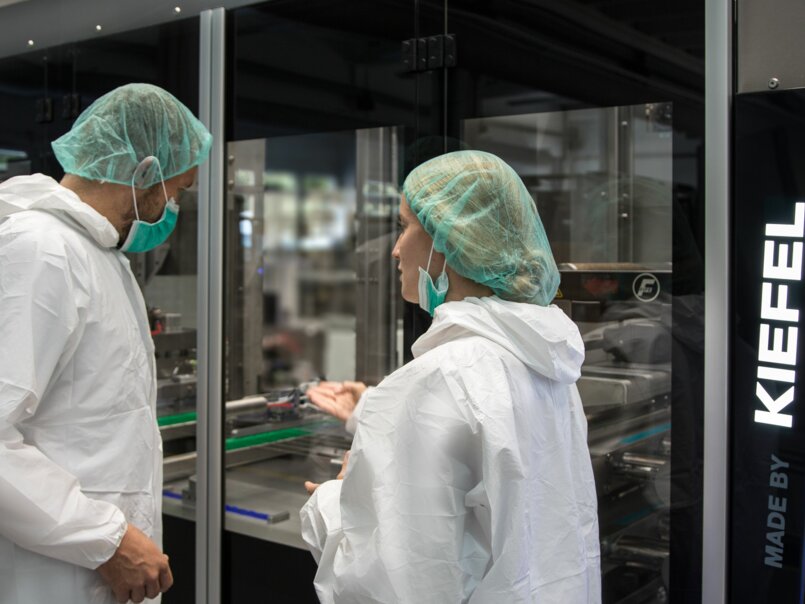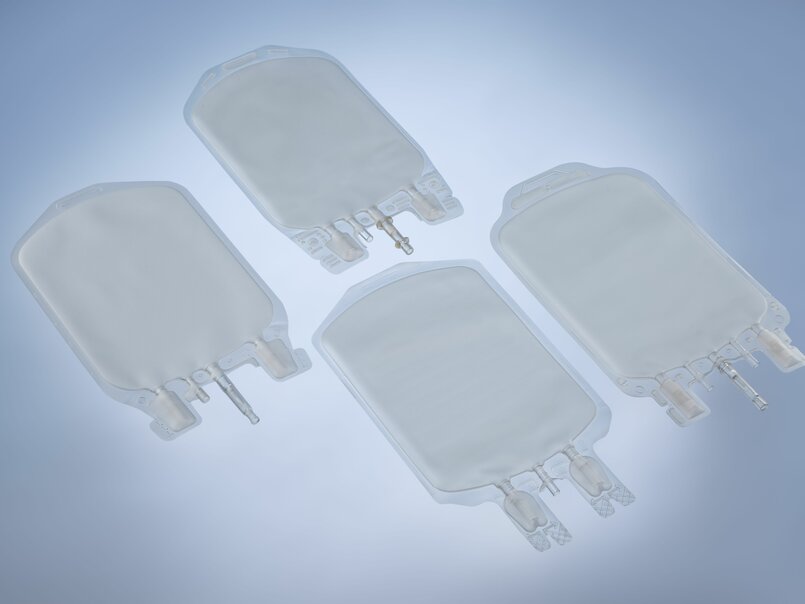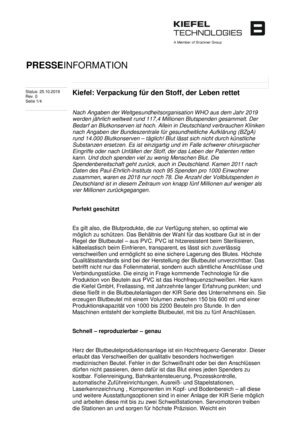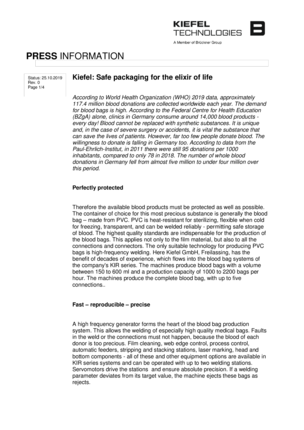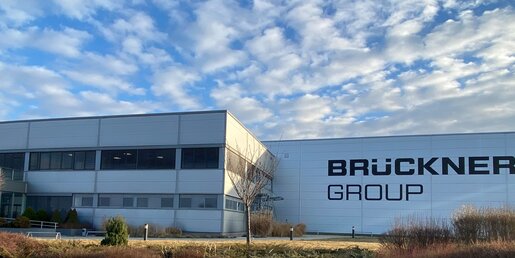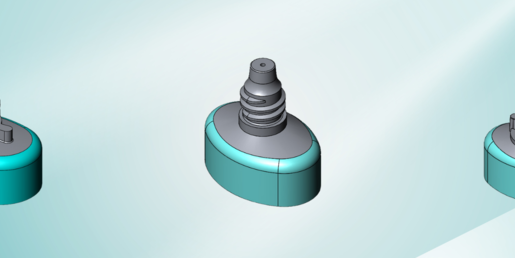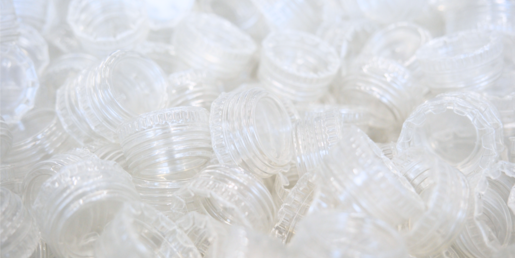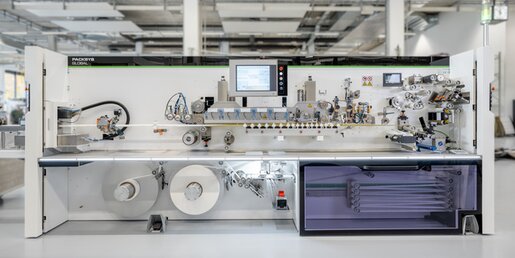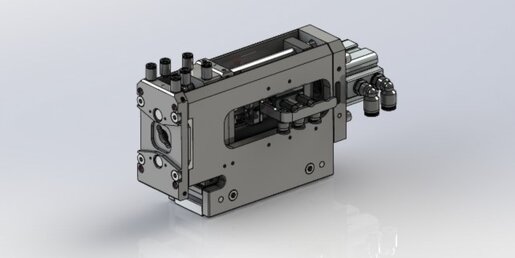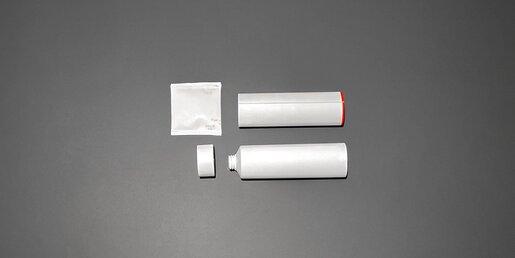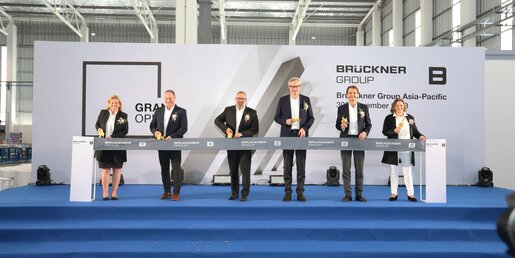
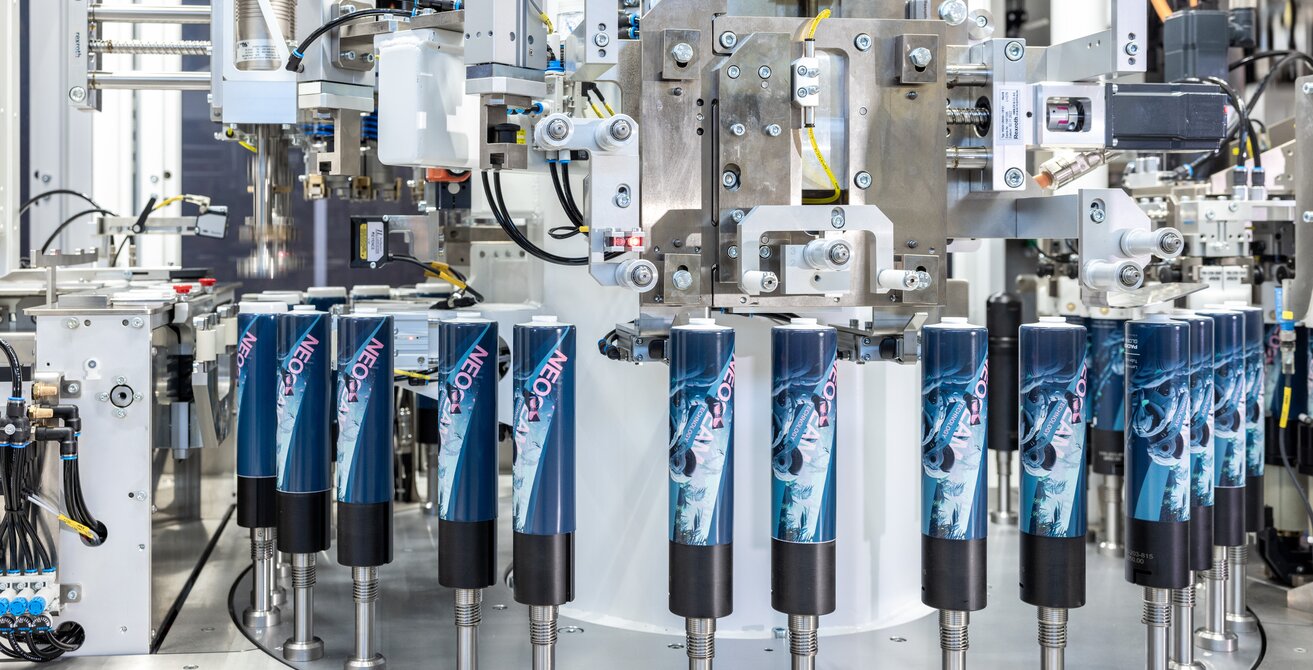
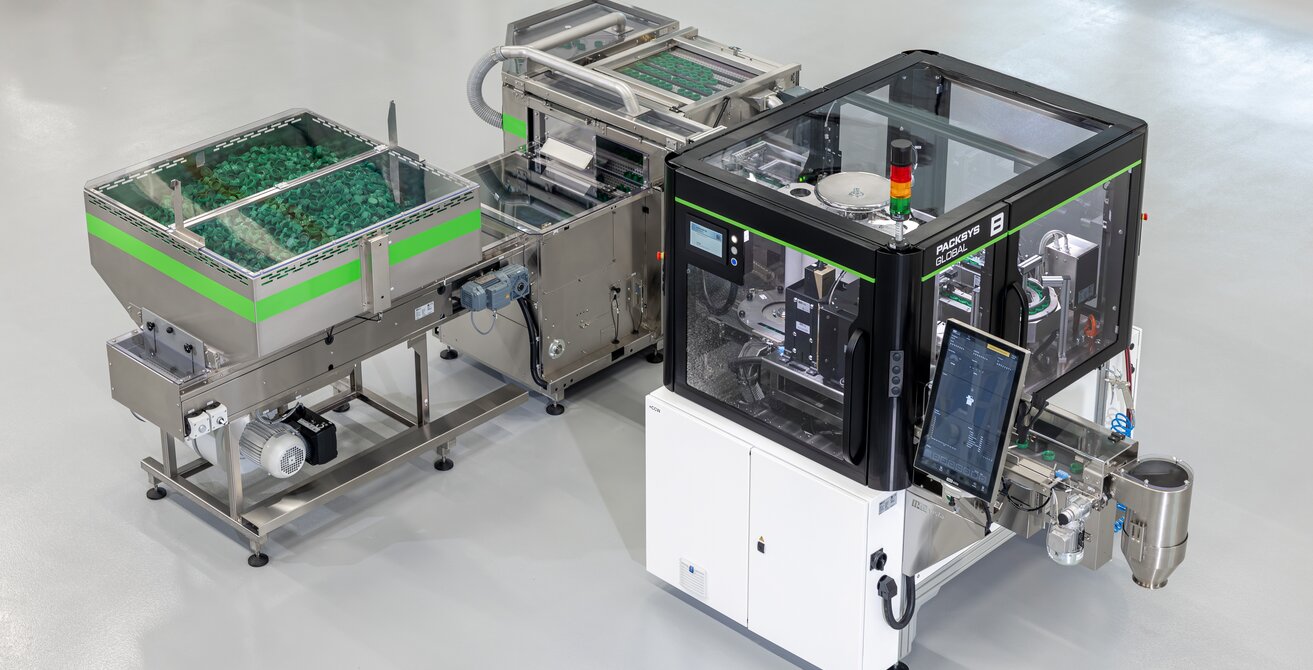
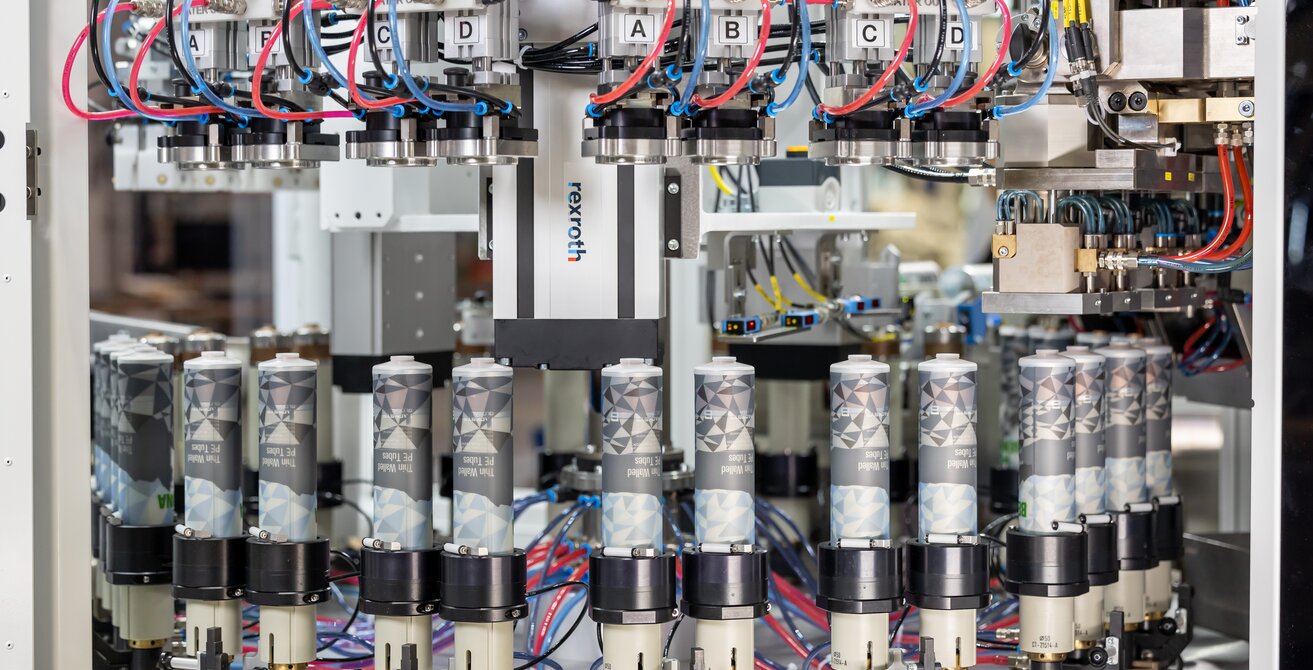
Kiefel: Safe packaging for the elixir of life
25 Oct 2019
According to World Health Organization (WHO) 2019 data, approximately 117.4 million blood donations are collected worldwide each year. The demand for blood bags is high. According to the Federal Centre for Health Education (BZgA) alone, clinics in Germany consume around 14,000 blood products - every day!
Blood cannot be replaced with synthetic substances. It is unique and, in the case of severe surgery or accidents, it is vital the substance that can save the lives of patients. However, far too few people donate blood. The willingness to donate is falling in Germany too. According to data from the Paul-Ehrlich-Institut, in 2011 there were still 95 donations per 1000 inhabitants, compared to only 78 in 2018. The number of whole blood donations in Germany fell from almost five million to under four million over this period.
Perfectly protected
Therefore the available blood products must be protected as well as possible. The container of choice for this most precious substance is generally the blood bag – made from PVC. PVC is heat-resistant for sterilizing, flexible when cold for freezing, transparent, and can be welded reliably - permitting safe storage of blood. The highest quality standards are indispensable for the production of the blood bags. This applies not only to the film material, but also to all the connections and connectors. The only suitable technology for producing PVC bags is high-frequency welding. Here Kiefel GmbH, Freilassing, has the benefit of decades of experience, which flows into the blood bag systems of the company's KIR series. The machines produce blood bags with a volume between 150 to 600 ml and a production capacity of 1000 to 2200 bags per hour. The machines produce the complete blood bag, with up to five connections..
Fast – reproducible – precise
A high frequency generator forms the heart of the blood bag production system. This allows the welding of especially high quality medical bags. Faults in the weld or the connections must not happen, because the blood of each donor is too precious. Film cleaning, web edge control, process control, automatic feeders, stripping and stacking stations, laser marking, head and bottom components - all of these and other equipment options are available in KIR series systems and can be operated with up to two welding stations. Servomotors drive the stations and ensure absolute precision. If a welding parameter deviates from its target value, the machine ejects these bags as rejects.
Kiefel: Blood bag machines
| Output/h | Bag size | Configuration | Technology | |
|---|---|---|---|---|
| KIR 33 | Approx. 1000 bags | 150-600 ml | 2x set of products | High frequency welding |
| KIR 63 | Approx. 2200 bags | 150-600 ml | 4x set of products | High frequency welding |
Worth knowing
In 2018, 42 percent of blood donations came from developed countries, which make up only 16 percent of the world's population. The average willingness to donate is 7.4 times higher in industrialized countries than in low- and middle-income countries. The blood with the least risk of transporting infectious diseases comes from voluntary and unpaid donors. In 2015, 78 countries reported that they covered more than 90 percent of their blood requirements through voluntary, unpaid blood donations; Fifty-six countries can even provide 100% of their patients with voluntary, unpaid donations. In 58 countries fewer than 50 per cent of blood products are from voluntary, unpaid donations. There, patients are dependent on relatives or friends, and frequently they have to pay for blood products out of their own pocket.
(Source WHO: https://www.who.int/news-room/facts-in-pictures/detail/blood-transfusion)
